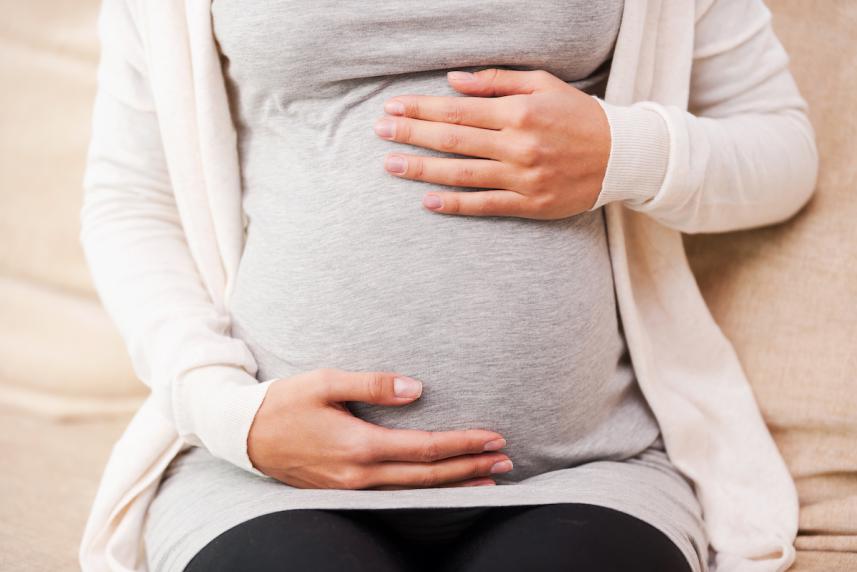Body changes after pregnancy
Learn about the physical and emotional changes your body goes through after you've given birth.

In the days and weeks after giving birth, it is common to expect a sudden drop in weight, a decrease in estrogen levels, swollen and tender breasts due to milk production, and tiredness as you recuperate from the physical stresses of giving birth.
Having accurate expectations about your post-pregnancy body can help you feel more at ease about the way you look and feel. Here are some changes women often experience post-pregnancy:
Fatigue. Giving birth is stressful and tiring on both body and mind. Plus, newborns need to be fed every two to three hours, around the clock. Catching up on your sleep will be a challenge for the first few months after giving birth.
Weight loss. You’ll lose seven to eight pounds just from the baby being born. In addition to this, you may lose another few pounds from the placenta, blood, and amniotic fluid.
Vaginal discharge. It’s normal to have vaginal discharge, called lochia, which resembles a heavy menstrual period, for up to a month following childbirth. Over time, it will diminish and become more watery.
Needing to urinate a lot. Typically, in the first few days after giving birth, a woman will need to urinate more —up to three quarts each day. You may perspire more than usual too. All of this liquid loss contributes to four to six pounds of weight loss. Keep a bottle of water nearby for when you’re breastfeeding and aim for at least 6 – 8 glasses per day.
Can’t tell when you need to urinate. Sometimes, giving birth causes short-term swelling that can affect your ability to detect when you need to urinate. For the first few days after giving birth, try to pee multiple times a day anyway — your bladder is fuller than you may think. Generally, this issue resolves itself after a few days, but discuss it with your health-care provider.
Uterine changes. Right after birth, contractions cause the uterus to start to shrink in size. This is often accompanied by cramps, or afterpains. During the following weeks, the uterus will shrink in both size and weight. It will take about four weeks for it to get down to its prepregnancy weight of about 3.5 ounces.
Stomach not flat. Don’t expect your stomach to go back to its prepregnancy shape right after birth. In fact, many women will look like they are still pregnant for several weeks or months after giving birth. This is because pregnancy causes your abdominal muscles to stretch out. It takes time — and regular exercise — to get your tummy back in shape.
Decreased sex drive. Levels of the hormone estrogen plummet after birth. Along with this, you may experience a decreased interest in sex, and possibly a drier vagina, which can make sex more difficult. Fatigue can also contribute to a loss of libido. This is common. For some women, it may take up to a year for their sex drive to recover.
Feeling down. About two or three days after childbirth, some women feel depressed, anxious, and upset. According to the American College of Obstetricians and Gynecologists, post-partum blues can lead to crying for no clear reason. It can also contribute to difficulty sleeping, eating, and making choices, and it may cause new moms to question whether they can handle caring for a baby. Feeling down like this usually lasts for a few days to a couple of weeks. If more serious depression sets in (which can start up to a year after having the baby), discuss it with your doctor.


